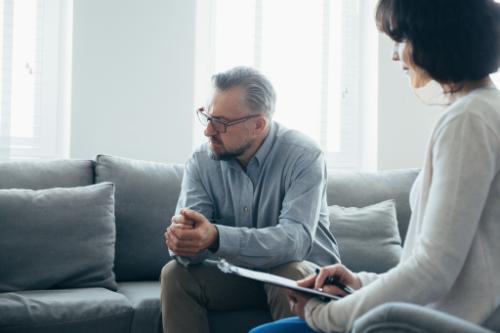Home » Substance Abuse Treatment Programs in Massachusetts » Opioid Detoxification Program in Massachusetts
- Medically Reviewed
Opioid Detoxification Program in Massachusetts
- Medical Detox
- Insurance Accepted
- Same Day Admission
- Levels of Care
- Our Services
Drug detoxification and medically managed withdrawal can be a safe and effective way to begin your recovery from substance abuse issues.


 Opiate addiction is one of the most common substance abuse issues facing the United States today; thankfully, at Evoke Wellness in Cohasset, Massachusetts, we offer
Opiate addiction is one of the most common substance abuse issues facing the United States today; thankfully, at Evoke Wellness in Cohasset, Massachusetts, we offer 
